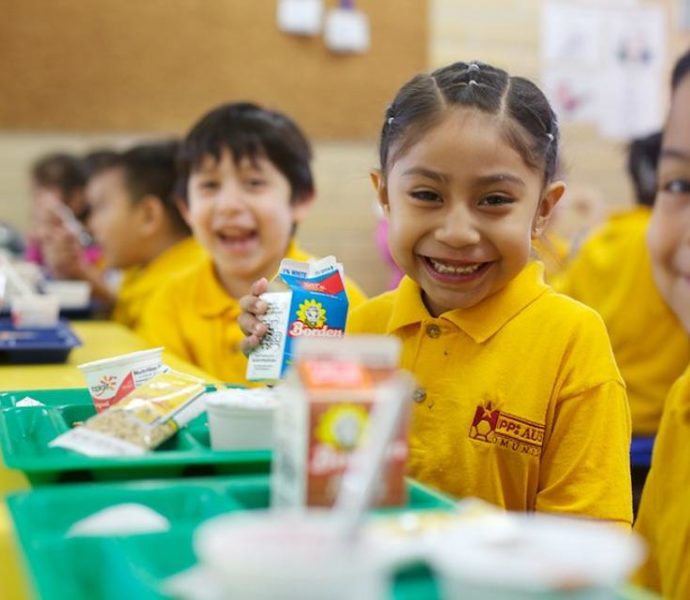How The Government Can Help Students During School Closures
ByRichard Barth
The what-ifs of last week, have become this week’s reality for educators across the nation. Across the country, schools are closing their doors for 24-hours of cleaning, or for a few days of staff training on how to conduct remote-learning classrooms. And now, some schools are pausing for two-weeks or more, to allow contagions to reveal themselves and the window for coronavirus transmission to close.
The impact of school closures reaches far beyond academics.
When children aren’t in school, many of them lose access to two-thirds of their daily nutrition; the subsidized breakfast and lunch they eat at school. While some families have cupboards of reserves, 88% of our students live in homes without the financial capacity to create a food-buffer. School breakfast and lunch feeds bodies, and fuels minds.
When food insecurity sets in, anxiety increases, moods fluctuate and survival floods the brain, leaving little room for academic pursuits. Feeding children is something we do, as a nation, because we know it’s not only the right thing to do, but we know that well-fed minds contribute to strong educational outcomes.
Though we’re first and foremost educators, we always see the whole child. So, when we hear that 13 countries have closed all of their schools, we start counting the cost for our students here.
Read the full article here
